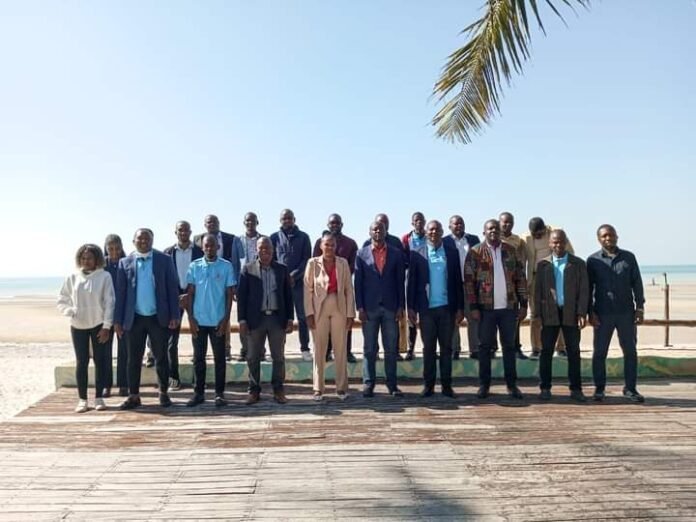The Vilankulo district is an unquestionable destination for sun and beach tourism. But the marked deterioration of the N240 is jeopardizing the development of tourism in that part of Inhambane province.
The announcement of the rehabilitation of that 20-kilometer stretch, which connects the town of Vilankulo to the N1, awarded to a Chinese consortium, is encouraging the sector, which, according to the head of Culture and Tourism, Lucas Vilanculo, will allow the sector to rise rapidly, which is still suffering from the damage caused by the passage of Tropical Storm Filipo in March of this year.
“Filipo” is another phenomenon that has contributed to a drastic drop in the flow of tourists to the region. Figures presented by the sector show that 19,367 tourists arrived in the first half of this year, which represents a drop of around 43 percent compared to the same period last year.
“Despite the damage, tourism in Vilankulo is reviving thanks to local efforts to rebuild and revitalize the area. Tour operators and the authorities have been working together to restore the infrastructure and attract visitors back to the region,” said Vilanculo.
The director of the District Service for Culture and Tourism has no doubt that the improved accessibility of the N240 will attract tourists, especially nationals and those from interland countries who will be able to visit Vilankulo, the main tourist destination in the southern African region.
“Everyone wants to get to know and enjoy the crystal-clear waters, sand dunes and coral reefs, which are Vilankulo’s main tourist attractions and which make it one of the world’s favorite destinations,” said Vilanculo, who added: ”In addition to enhancing tourism potential, the service has encouraged tour operators to invest in digital marketing to promote their products and services. In addition, there is a government effort to improve local infrastructure, such as roads and the airport, and to facilitate the process of issuing visas for tourists.”
The search for partnerships to increase the volume of investment is another challenge imposed on the sector. Lucas Vilanculo, director of the District Service for Culture and Tourism, guarantees that he is committed to improving the tourist environment in the region so that the district can serve as an example to encourage the creation and implementation of more services of this nature throughout the country.
The availability and quality of the services provided by hotels and restaurants, combined with good service to tourists, can be one of the biggest attractions and, to this end, the director of the District Service for Culture and Tourism recommends “adequate training for professionals in the sector, tourism feeds a vast value chain, which even local communities gain from the arrival of tourists, hence the need to cherish the tourist and a lack of knowledge can undermine the relationship between operators and tourists, which can reduce their entry into the country,” he added.




